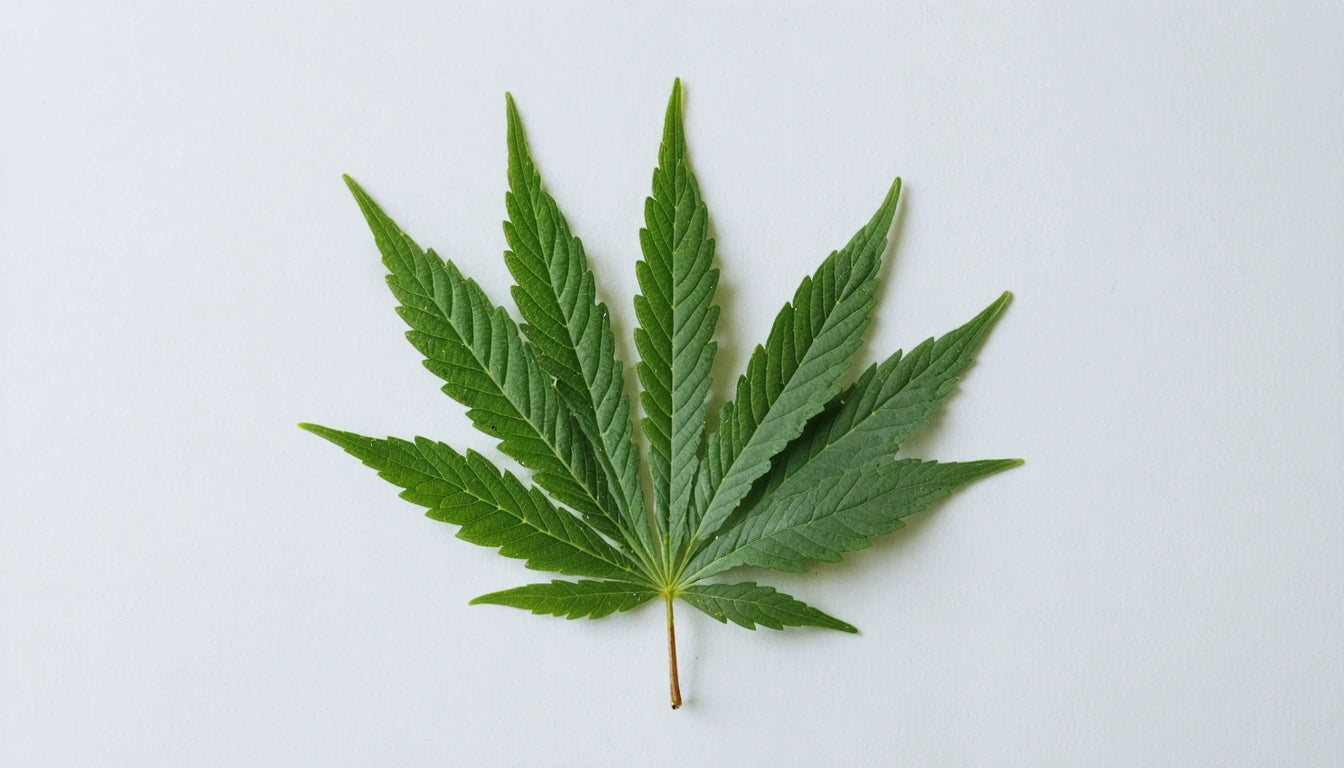Table of Contents
- The Cannabis-Diarrhea Connection: Understanding the Basics
- Potential Benefits: How Cannabis May Help Digestive Issues
- Possible Drawbacks: When Cannabis May Worsen Diarrhea
- Cannabis and IBS: A Potential Treatment Option
- Consumption Methods and Their Digestive Effects
- Current Research and Recommendations for Digestive Health
Can Cannabis Affect Diarrhea: Exploring the Pros and Cons
The relationship between cannabis and digestive health is complex and multifaceted. Many users report that cannabis helps alleviate digestive symptoms, while others experience gastrointestinal distress after consumption. This article explores whether cannabis can help with diarrhea or potentially cause it, examining both sides of this important health question.
The Cannabis-Diarrhea Connection: Understanding the Basics
Cannabis contains numerous compounds that interact with the body's endocannabinoid system (ECS), which plays a significant role in gut function and inflammation. The ECS has receptors throughout the digestive tract that help regulate motility, sensation, and inflammation.
According to research, cannabinoids like THC and CBD can influence gut motility and secretion, potentially affecting diarrhea symptoms in different ways. Understanding cannabis effects on digestive health requires examining both the therapeutic potential and possible adverse effects.
Potential Benefits: How Cannabis May Help Digestive Issues
For some individuals, cannabis appears to offer relief from diarrhea and related digestive issues. This potential benefit stems from several mechanisms:
Anti-inflammatory Properties
CBD and other cannabinoids have demonstrated anti-inflammatory effects that may help reduce gut inflammation associated with conditions like inflammatory bowel disease (IBD) and irritable bowel syndrome (IBS).
Reduced Gut Motility
THC can slow intestinal motility, potentially reducing the frequency of bowel movements in diarrhea. This effect is similar to conventional anti-diarrheal medications that slow transit time in the intestines.
Pain Reduction
Cannabis may help alleviate abdominal pain and cramping associated with diarrhea, making symptoms more manageable even if the underlying condition persists.
Many patients with chronic digestive issues report significant improvement when using cannabis products. As noted in research on marijuana and IBS symptoms, some users experience notable symptom reduction.
Possible Drawbacks: When Cannabis May Worsen Diarrhea
Despite potential benefits, cannabis can also trigger or worsen diarrhea in some individuals:
Smoking Irritation
The act of smoking cannabis can irritate the digestive system. Smoking weed and diarrhea may be connected through this irritation pathway, particularly in new or occasional users.
Cannabinoid Hyperemesis Syndrome (CHS)
Long-term, heavy cannabis use can lead to CHS in some individuals, characterized by cyclic vomiting, nausea, and sometimes diarrhea. This paradoxical condition improves only with cannabis cessation.
Contaminants and Additives
Cannabis products may contain pesticides, molds, or additives that could trigger digestive upset. Using properly sealed storage containers for cannabis products can help maintain freshness and reduce exposure to contaminants that might exacerbate digestive issues.
Cannabis and IBS: A Potential Treatment Option
Does weed help irritable bowel syndrome? Research suggests cannabis may offer relief for some IBS sufferers:
- Reduced abdominal pain and cramping
- Decreased frequency of diarrhea episodes
- Improved appetite and reduced nausea
- Better sleep, indirectly improving gut symptoms
The endocannabinoid system appears to be involved in IBS pathophysiology, making cannabis a logical therapeutic target. However, responses vary significantly between individuals, and some patients report worsened symptoms.
A 2021 review found that 30-40% of IBS patients who tried cannabis reported improvement in their symptoms, particularly those with diarrhea-predominant IBS. However, more controlled clinical trials are needed to establish definitive guidelines.
Consumption Methods and Their Digestive Effects
How cannabis is consumed significantly impacts its effects on the digestive system:
Edibles
Cannabis edibles pass directly through the digestive tract and may cause more pronounced gastrointestinal effects. The digestive effects of edibles can include initial constipation followed by potential diarrhea as the body processes the compounds.
Smoking or Vaping
Inhaled cannabis enters the bloodstream more directly but can still affect the gut through systemic circulation. Some users report less digestive disturbance with inhalation methods compared to edibles.
Tinctures and Oils
Sublingual products may offer a middle ground, with faster absorption than edibles but potentially fewer digestive side effects. These methods might be preferable for those specifically using cannabis for digestive issues.
The specific strain and cannabinoid profile also matter. High-THC products may slow gut motility more significantly, while CBD-dominant products tend to focus on inflammation reduction with fewer psychoactive effects.
Current Research and Recommendations for Digestive Health
The scientific understanding of cannabis and digestive health continues to evolve. Current evidence suggests:
For those considering cannabis for diarrhea or IBS, medical guidance is essential. THC's impact on digestive health varies considerably between individuals, and finding the right approach requires personalization.
Start with low doses and CBD-dominant products if exploring cannabis for digestive issues. Monitor symptoms carefully and maintain open communication with healthcare providers about all cannabis use.
While promising for some patients, cannabis represents just one potential tool in managing digestive health. Dietary modifications, stress management, and conventional medications remain important components of comprehensive treatment approaches for diarrhea and related conditions.











Leave a comment
All comments are moderated before being published.
This site is protected by hCaptcha and the hCaptcha Privacy Policy and Terms of Service apply.